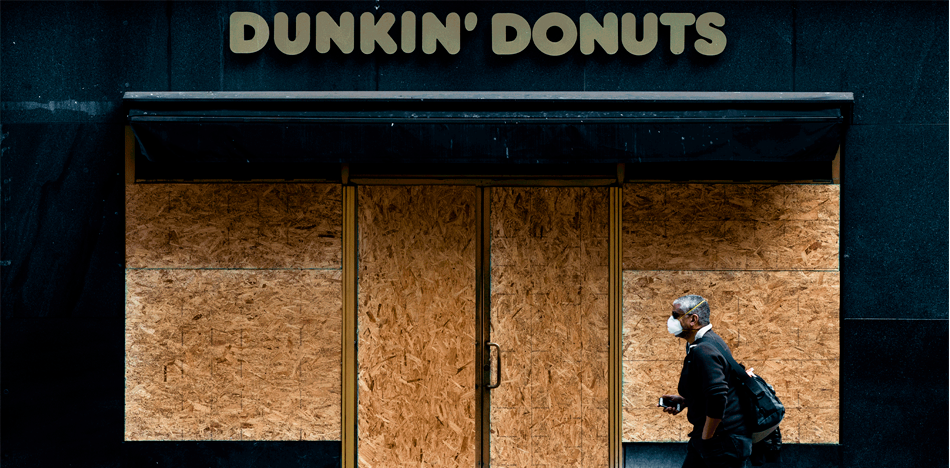EspañolEléutera is its name: a new think tank for Honduras, the nation with the highest homicide rate in Central America and the most poverty in all of Latin America and the Caribbean. Faced with this challenging reality, Eléutera’s purpose is to spread and defend the principles of liberty, in both the social and economic realms.
In so doing, the organization shall seek to reverse Honduras’s tendency for fragile and overreaching institutions. That means offering alternative institutional answers that respond to the needs of constituents — primarily to enable them to foster their own potential and individual creativity.

Buenos Aires (2011)
Guillermo Peña, Eléutera’s executive director, notes that unfortunately Hondurans have failed to achieve any substantial improvement in their general standard of living in recent years.
“The quality of education and public health has declined, or at best remained stagnant,” he says. “Honduras is also among the most corrupt and violent in the Americas. There is just so much to work on; we have to awaken from our slumber.”
While the foundation opened its doors just three weeks ago, the idea to start a think tank came to Peña seven years earlier.
“I knew the importance of a tool that was independent and apolitical, one with clear and targeted ideas for a nation like Honduras.” He remembers the biggest challenge was gathering a group of people committed to the ideas of liberty but without political debts or feuds.
While their offices are in San Pedro Sula, the second largest city in Honduras, their activities will extend to other cities such as Tegucigalpa.
“Our goal is to span the whole country,” he explains — “and with patience and perseverance we will achieve that. The battle of ideas is not caught up in the near term, as happens with an election cycle.”
To disseminate Eléutera’s ideas, Peña plans to produce and host workshops, speaking engagements, policy research, and opinion articles. Beyond that, though, he wants to get creative and target Hondurans under 35 years old, since they constitute 65 percent of the population.
He plans to work with and recruit the experience of classical liberal or free market think tanks in other countries — along with trade or business associations, universities, independent scholars, and even government agencies when necessary. On the international stage, Eléutera will be active with members of the Atlas Economic Research Foundation’s network and the Economic Freedom of the World Network.
One of the greatest challenges for the new think tank will be its leadership as an observatory of the new and potentially revolutionary ZEDE regions (zonas de empleo y desarrollo económico). With all legislation passed, these special development regions (also known as startup cities) are nearing the final stages and will have greater administrative and legal autonomy, to attract investment and allow for swift development. Eléutera will gather a group of academics and policy specialists to engage in dialogue about how to harness the benefits of the ZEDEs while avoiding potential harms that could result from the new venture.
He is confident that the ZEDEs will generate employment and serve as a model for the rest of the country.
“We believe that with a parcel of land less than 0.1 percent of the national territory, we can experiment with better systems of law so that Hondurans don’t have to abandon their homes and country for a better life elsewhere.”
In fact, a higher quality of life for people in Honduras is precisely the goal of the new think tank. With that in mind, the executive director affirms, “it is imperative that we demonstrate how our ideas will lead to a future that is more prosperous, safe, and, above all, peaceful.”
Translated by Fergus Hodgson.
 Versión Español
Versión Español











